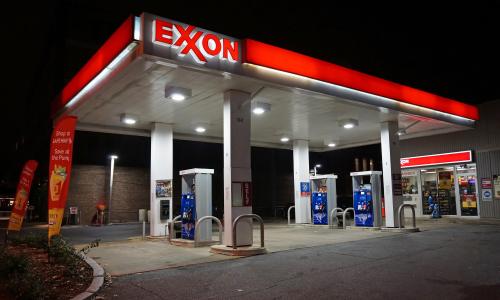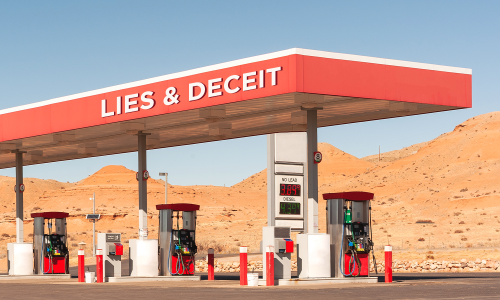In 1987, the fuel economy of the new U.S. car and truck fleet reached a peak of nearly 26 miles per gallon. By 2004, it had fallen to 24.4 miles per gallon, hovering around a 20-year low. This backsliding occurred because fuel economy standards have remained essentially unchanged over the past 20 years and automakers have increasingly exploited loopholes in Congressional and regulatory language. In addition, a flawed U.S. tax code actually provides financial incentives for consumers to switch to gas guzzlers. While most of these loopholes have been around for decades, government has either turned a blind eye to them or made them larger. This report documents three major loopholes in fuel economy standards and two major cracks in the tax code, and highlights the possibility that a whole new set of loopholes could be created as the Bush administration considers radical changes to the federal fuel economy standards program. Finally, we suggest solutions for closing or modifying these loopholes.
Fuel Economy Fraud
Closing the Loopholes that Increase US Oil Dependence
Published Aug 11, 2005



